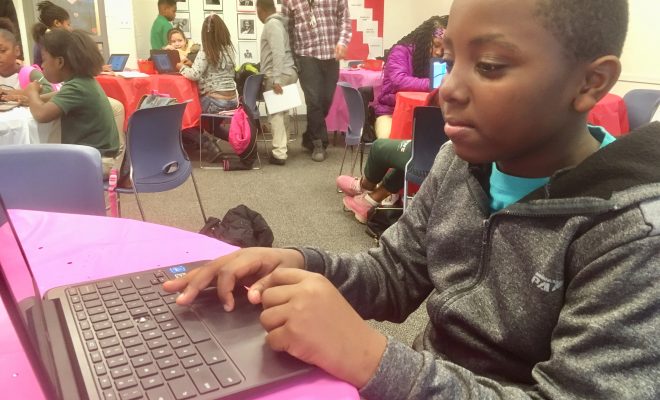Using Research to Create Effective Student Motivation Strategies

Great teachers already know that incentives and rewards are critical in classroom management systems and the development of a culture of learning. However, do we understand the research that supports these practices? We’ll explore some of the key findings of motivation and incentive research, both inside and outside of the classroom.
Certain vs. Uncertain Rewards
In one study, students participated in a math quiz. They were provided two options for rewards: 1 point guaranteed (Mr. Certain), or 0-2 points awarded randomly (Mr. Uncertain). Students reported that they “felt a range of emotions in relation to Mr. Uncertain, including frustration, but this frustration was not considered bad by the students.” In fact, 61% of the time, Mr. Uncertain was chosen.
Additionally, Mr. Uncertain was chosen more over time, and out of 50 students, 30 chose Mr. Uncertain over Mr. Certain. One student told the researcher that the frustration actually motivated him to choose Mr. Uncertain more. These results suggest that students respond best to rewards that are introduced at random intervals, especially when the frequency is not connected to their own abilities or academic performance.
Using Rewards to Build Persistence
In the same study, students rolled animated dice, and then answered a question. If they answered correctly, they would earn their points and be offered the opportunity to roll the dice again. If they rolled a pair of ones, though, they would wipe out their previous points. The students could pass their turn to the computer, who suffered the same consequences if it rolled ones, but it always answered the questions correctly.
Results from the study found that this activity separated the student’s confidence and motivation from their abilities. For example, if they answered a question incorrectly, they would accept it, learn the answer in case the same question was asked again, and celebrate that they didn’t lose anything for answering incorrectly. They had better post-test results, implying that this was an effective strategy for factual learning. Additionally, they also perceived the computer as having an unfair advantage and found this to be the more unfair part of the game rather than losing their points or answering a question incorrectly. These results suggest that intermittent rewards can have a positive effect on confidence, persistence, and motivation.
Dopamine Levels and Attention
High dopamine levels have been correlated with increased attention, and motivation (though research is divided as to what extent dopamine controls these outcomes). Researchers used this knowledge to measure dopamine levels in adults while they played a game with uncertain rewards. Participants were randomly asked questions within various tiers of difficulties that offered random incentives. When they would return to a tier, their dopamine levels would rise when they discovered a larger than expected reward would be offered from the question or tier. This suggests that by offering unexpected rewards, or changing reward and incentive strategies at random intervals, you may be able to increase your students’ dopamine levels – therefore increasing their motivation and attention levels.
Generally speaking, teacher preparation and professional development programs help teachers to develop reward systems but can fall short when explaining the reason why these systems are effective. It is also worth noting that many educators use consistent rewards due to the belief that they provide the most motivation for student learning. However, when we look at recent research, we actually see inconsistent rewards providing students with the motivation for attention, persistence, and risk-taking. Either way, administrators and educators need to understand recent discoveries in student motivation, and find ways to scale those findings for their own classrooms.





